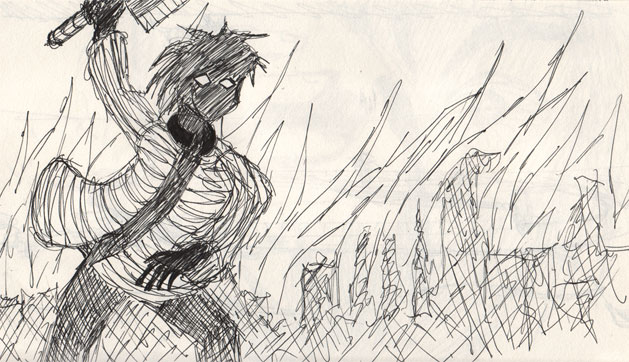Royal Society | Stigmatization is characterized by chronic social and physical avoidance of a person(s) by other people. Infectious disease may produce an apparently similar form of isolation—disease avoidance—but on symptom remission this often abates. We propose that many forms of stigmatization reflect the activation of this disease-avoidance system, which is prone to respond to visible signs and labels that connote disease, irrespective of their accuracy. A model of this system is presented, which includes an emotional component, whereby visible disease cues directly activate disgust and contamination, motivating avoidance, and a cognitive component, whereby disease labels bring to mind disease cues, indirectly activating disgust and contamination. The unique predictions of this model are then examined, notably that people who are stigmatized evoke disgust and are contaminating. That animals too show avoidance of diseased conspecifics, and that disease-related stigma targets are avoided in most cultures, also supports this evolutionary account. The more general implications of this approach are then examined, notably how it can be used to good (e.g. improving hygiene) or bad (e.g. racial vilification) ends, by yoking particular labels with cues that connote disease and disgust. This broadening of the model allows for stigmatization of groups with little apparent connection to disease.



0 comments:
Post a Comment